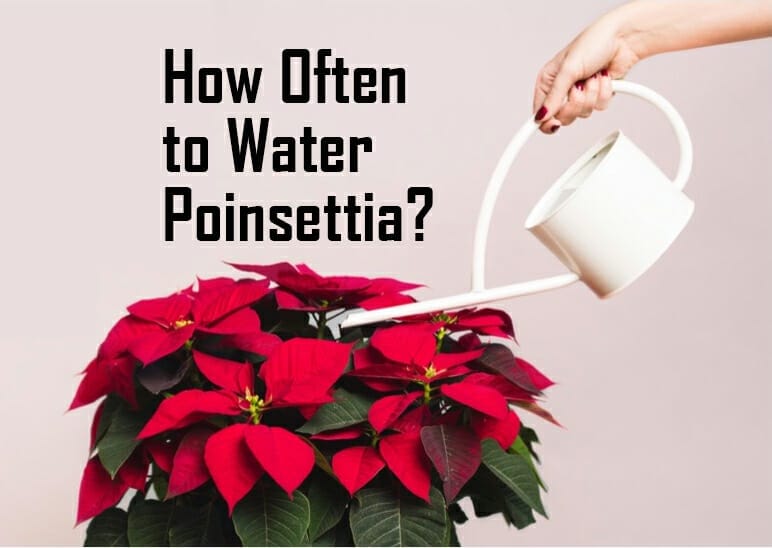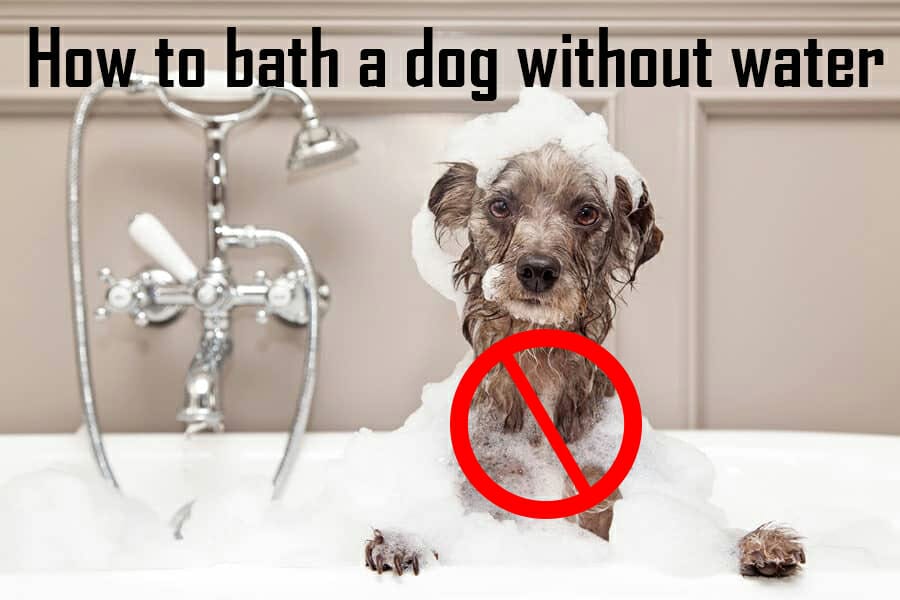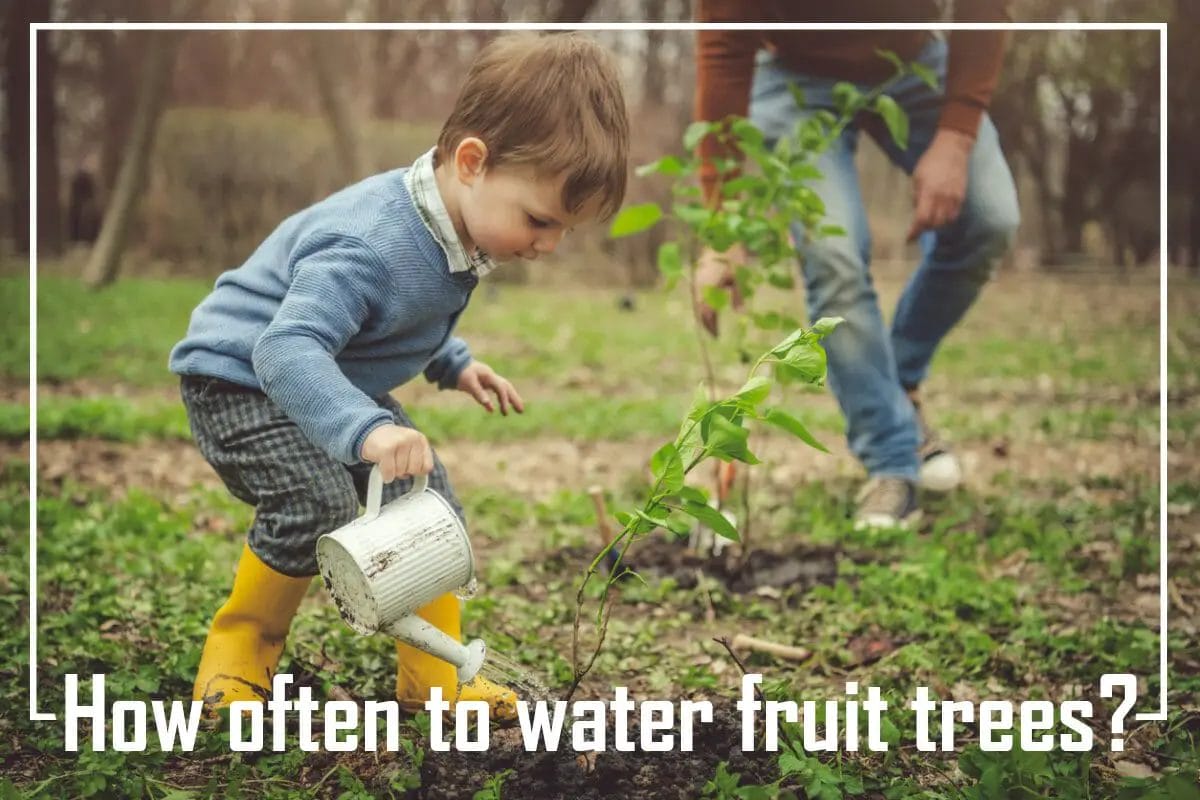When you experience excess fluid build-up, your doctor may recommend taking water pills to help manage your condition. Water pills are also referred to as diuretics. They work by increasing urination and the excretion of excess fluids from your body. How fast they work depends on the type of water pill you take and your health.
Most people start to see a reduction in swelling and other symptoms after about a week of daily use. You can do some things to make them work more quickly, however. Read on for more information about how long it takes for water pills to work, including tips on making them faster and things you can do to feel better faster if you're struggling with side effects.
What are water pills?
Water pills or diuretics are medications that cause increased urination to treat and prevent swelling, edema, and high blood pressure. They are intended to be taken for a limited period, such as a few weeks or months.
Water pills work by increasing the amount of water that is excreted by the kidneys. This reduces the number of fluids in your body and can help to reduce swelling associated with edema and high blood pressure.
What are the benefits of water pills?
They can help reduce swelling and edema. They can help reduce blood pressure. They can help flush out excess fluids and toxins. -They can help you lose weight if you take a diuretic that also acts as a diet pill. - They can help you feel less bloated.
What are the side effects of water pills?
Dehydration -You must ensure that you stay hydrated when taking water pills to prevent dehydration. Otherwise, you could end up with a number of symptoms like headaches, dizziness, and feeling tired. You should also be careful about drinking alcohol while taking diuretics, as alcohol can increase the risk of dehydration. Weakness
- If you don't drink enough water while taking a diuretic, it could cause your body to become more dehydrated than normal. This could lead to weakness and lethargy. Muscle cramps
- If you don't drink enough water while taking a diuretic, you are more likely to experience muscle cramps. You can experience this anywhere in your body, but it is most likely to occur in your legs.
How long does it take for water pills to work?
How long they work depends on the type of water pill you take and how healthy you are. Most people start to see a reduction in swelling and other symptoms after about a week of daily use. A few things can be done to make them work more quickly, though.
- Stay hydrated - While taking a diuretic, you must ensure that you stay hydrated. You should drink at least eight glasses of water a day. You should also consider adding a few healthy and hydrating diuretics to your diet.
- Exercise - Exercising regularly can help you get better results from water pills. When you exercise, you increase the amount of water that is excreted by the kidneys. This means that a diuretic will work more quickly when combined with exercise.
What are the different types of water pills?
Thiazide diuretics are the most common water pills to treat mild edema. They are also used to treat high blood pressure when taken in low doses.
Potassium-sparing diuretics are used to treat edema and high blood pressure when taken in high doses. They are also used to prevent kidney stones and help people who are on low-sodium diets.
Loop diuretics - These diuretics are used to treat edema and high blood pressure when taken in high doses. They are also used to treat kidney stones and help people who are on low-sodium diets.
How do water pills help with weight loss?
While water pills are not intended to be used as a weight-loss supplement, they can help you lose weight if they contain a diet pill. Diuretics help your body get rid of excess water, which can help you to lose weight when combined with a diet that restricts calories.
In addition, some people use water pills to help with weight loss when they don't have to worry about edema or high blood pressure. Although this is not a good idea, it could seriously harm your health. Therefore, you should not use water pills as a weight-loss supplement unless your doctor has prescribed them.
Are there any natural alternatives to water pills?
Yes, there are many natural alternatives to water pills. You can try these methods to reduce your blood pressure naturally. However, you can consult your doctor before using any of these remedies to ensure they are right for you and will not cause any adverse side effects. Water is the best way to flush out the body.
Therefore, you may drink more than the required amount of water. Jogging and other cardiovascular exercises will help to reduce your blood pressure. With the help of exercises, you can increase the strength of your heart. The stronger your heart, the better it can pump blood to all body parts, thus, reducing blood pressure.
What should I do if I miss a dose of water pills?
If you miss a water pill dose, take it as soon as you remember. If it is almost time for your next dose, skip the missed dose and continue your regular dosing schedule. Do not take a double dose to make up for a missed one.
How long can I take water pills?
You should only take water pills for as long as your doctor recommends. While some people take water pills for long periods, this is not recommended. Many natural and healthy ways to manage edema include exercising and eating healthy foods.
When you stop taking water pills, you risk your condition coming back. If you have been taking water pills for a long time, you should speak to your doctor to see if you can reduce the amount that you take.
Using this method will reduce the risk of side effects. If you are taking a high dose, your doctor may recommend that you reduce your intake more slowly to avoid side effects.
Taking water pills and not urinating
If you have been taking water pills for a while and are not urinating regularly, this can be a sign that the dosage is too high for you. This is when you should speak with your doctor about reducing the dosage. On the other hand, suppose you are not urinating regularly and have not taken water pills.
In that case, this could be a sign of an underlying medical condition. You should see a doctor as soon as possible if you are not urinating regularly and are not taking water pills. Suppose you have been taking water pills and are not urinating regularly. In that case, you may need to reduce the dosage to avoid this.
Are water pills bad for your kidneys?
There is no evidence that taking water pills is bad for your kidneys. However, ensuring you drink enough water to avoid dehydration when taking water pills is important. By drinking too little water while taking water pills, you are at risk of developing a condition called hyponatremia, which is caused by too little sodium in your body.
This can be very dangerous. If you don't drink enough water while taking water pills, your sodium levels could get too low. The first thing you should do if this happens is to see a doctor as soon as possible. Hyponatremia is a serious health condition and can be fatal if left untreated.
How to stop taking diuretics
If you are taking water pills and want to stop, you can do so by reducing the dose of your medication. Your doctor may recommend you reduce your dose by 25% or 50% every two weeks. You can also take a break of up to 2 weeks if you feel like you need a rest from the drug.
It's important to remember that diuretics get your body to eliminate fluid more quickly. When you stop taking them, fluid retention can come back even faster. So, you may want to ease off the dosage until the swelling goes down while still staying hydrated.
Suppose you want to avoid gaining weight when coming off diuretics. In that case, you can try increasing your protein, fiber, and water intake.
What should you avoid when taking diuretics?
As with all medications, you should clear certain substances while taking water pills. For example, alcohol and caffeine can increase the negative side effects you experience while taking this medication. In addition, avoid making other dietary changes while taking diuretics.
For example, suppose you notice that you're experiencing side effects such as nausea or vomiting. In that case, you should stop taking them to see if the symptoms decrease. Other things to avoid include
- High-sodium foods - While everyone needs sodium, diuretics cause you to excrete more than usual. That's why avoiding salty foods while taking water pills is important.
- Drugs like aspirin and ibuprofen - You should always check with your doctor to ensure that you're not taking any other medications.
- Excessive amounts of vitamin B - While taking diuretics, you should avoid high-dose B vitamins like B12 and B9.
- Caffeine - While water pills will make you urinate more often, they can also make you urinate quite a bit less deeply. When this happens, your bladder doesn't get a chance to empty fully.
Frequently Asked Questions
1. What happens to your body when you take water pills?
Water pills increase the amount of water your kidneys flush out through urination. This is why you'll often see them prescribed to people with swelling. The excess fluid is sent out of the body through your urine.
This helps to reduce swelling in the legs, ankles, and feet. When you take water pills, you can expect to urinate more frequently and in larger volumes than usual. You may also need to visit the bathroom at night. This is normal and will likely subside after taking the drug for a few days.
2. How long do water pills make you to pee?
There is no definitive answer to this question, as it depends on several factors like the individual's body composition, diet and exercise habits, etc. However, most experts believe that water pills work within half an hour or so and that the effects will last for 6 to 8 hours.
3. When should I take a water pill?
Diuretics are often used to treat hypertension and other conditions related to excess fluid in the body. If you're experiencing swelling in the ankles, legs, or abdomen, your doctor may recommend that you start taking water pills.
Some people will take them as a preventative measure or help manage conditions like hypertension and heart disease (also called cardiac disease). If you're experiencing swelling, you'll likely be prescribed a milder, over-the-counter diuretic. You may be prescribed a stronger drug if you're taking the medication to treat high blood pressure.
4. What fruit is the best diuretic?
While many believe certain fruits are the best diuretics, no medical evidence supports this. The most commonly suggested diuretic foods are grapefruit, celery, watermelon, and cranberries. However, you should be careful to avoid consuming too many foods high in potassium. Eating a large amount of these foods can make your diuretic less effective.
5. How many water pills can you take in a day?
As with any medication, you should check with your doctor to find out how many water pills you can take in a day. If you take too many water pills, you can cause serious damage to your body.
You may notice that you urinate more often, feeling thirsty all the time, and have trouble sleeping. These are all signs that you've taken too many water pills. Stop taking them, and see a doctor.
Conclusion
We hope you enjoyed our article about water pills. Following your water pill instructions is important to ensure you're getting the best results. We are always happy to help you find the best products to meet your needs.
If you have any questions about how long it takes for water pills to work or how to use them, don't hesitate to comment below. Thank you for reading. The team is always honored when one of our posts can provide useful information on a topic like this.






